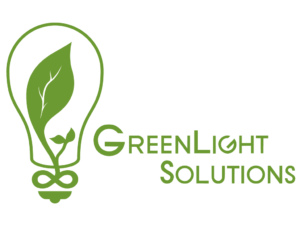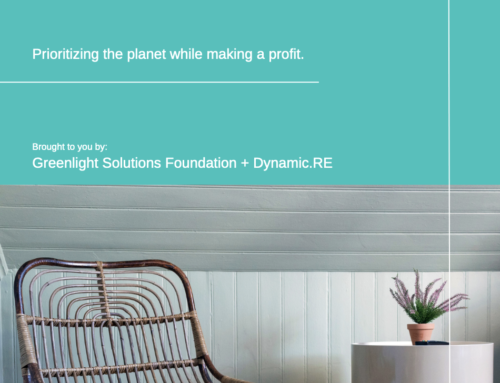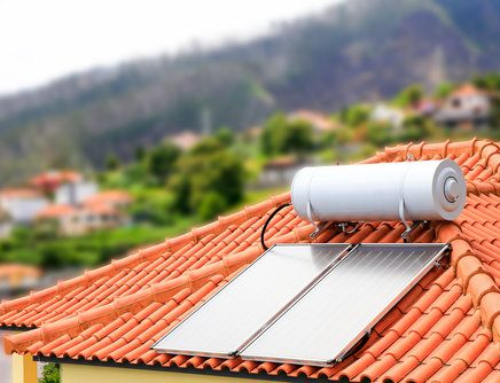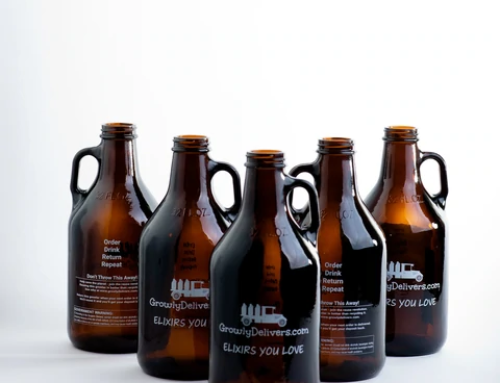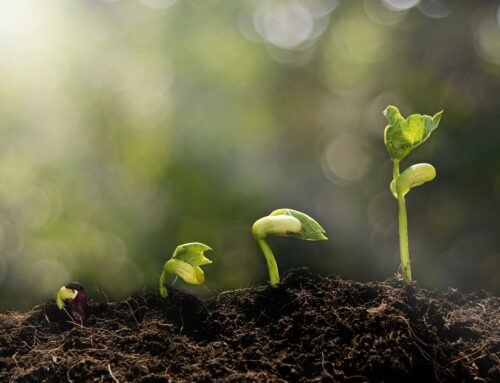The Sierra Service Project (SSP) is a Christian non-profit that does acts of service through home repair projects in their partner communities, promoting community service opportunities for various age groups. Their projects are usually done during the summer over the course of a week, and they host multiple service weeks throughout the sum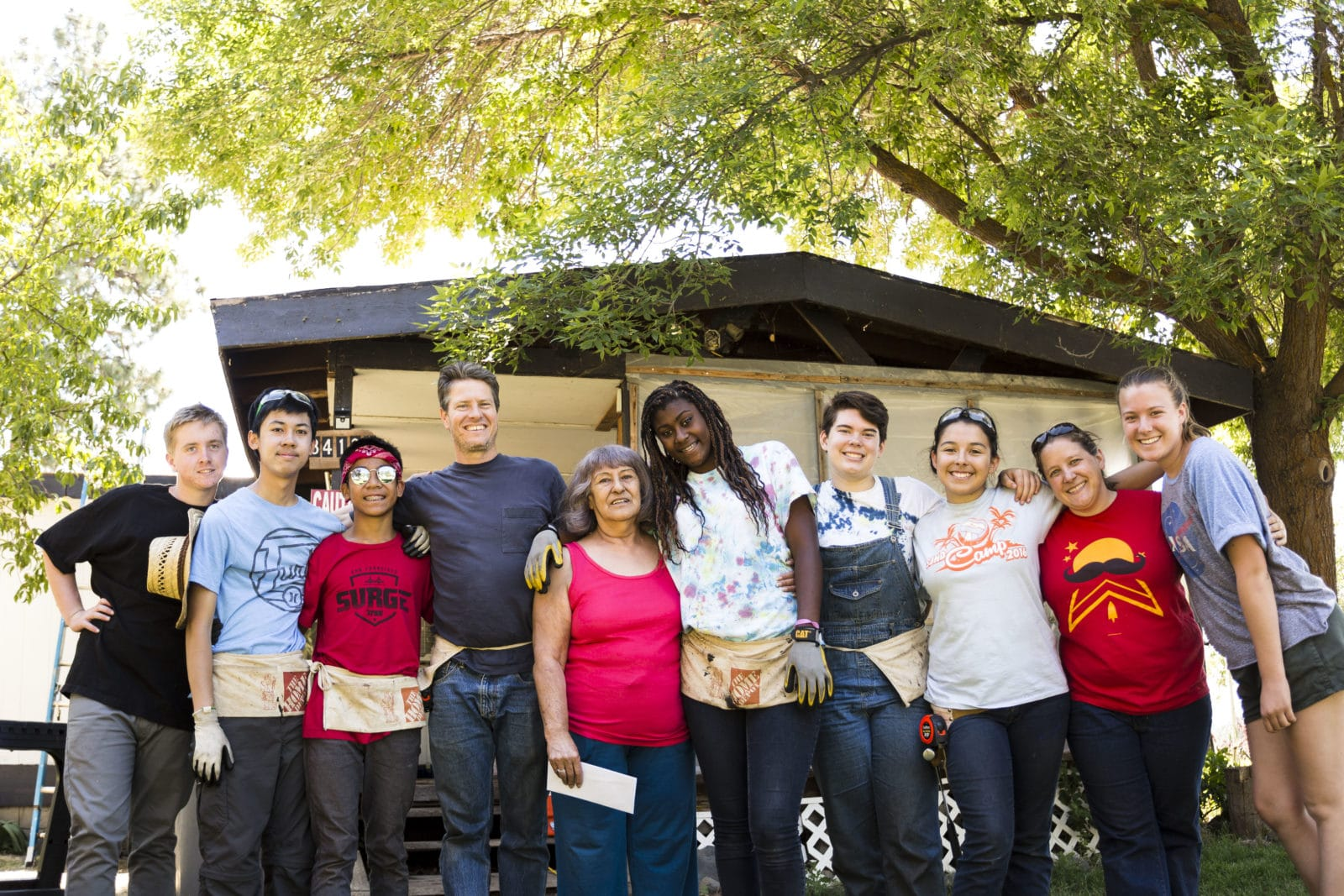 mer session. For their upcoming summer program in 2022, SSP is partnered with three communities, including ones in Arizona, San Diego, CA, and Del Norte, CO. Since the programs are in multiple locations, they wanted us to figure out how to not only reduce their waste but also keep track of their progress with multiple and varying locations. As we were not able to obtain any data personally, our goal was to create a way for SSP’s team of volunteers and staff to be able to easily track sustainability areas. We recommended and developed tracking documents to record the sustainable areas we have identified in our project. This data allowed us to identify growth opportunities in which we hope to work with SSP again and use this information to come up with a five-year sustainability plan. In addition to the tracking documents, we also created infographics to help guide volunteers and staff when filling out the excel datasheets.
mer session. For their upcoming summer program in 2022, SSP is partnered with three communities, including ones in Arizona, San Diego, CA, and Del Norte, CO. Since the programs are in multiple locations, they wanted us to figure out how to not only reduce their waste but also keep track of their progress with multiple and varying locations. As we were not able to obtain any data personally, our goal was to create a way for SSP’s team of volunteers and staff to be able to easily track sustainability areas. We recommended and developed tracking documents to record the sustainable areas we have identified in our project. This data allowed us to identify growth opportunities in which we hope to work with SSP again and use this information to come up with a five-year sustainability plan. In addition to the tracking documents, we also created infographics to help guide volunteers and staff when filling out the excel datasheets.
Our vision was that SSP will have a baseline for measuring their sustainable efforts which will help inform and create their 5-year plan. Our mission was to create a baseline with appropriate guidelines and resources that are informed by best practice research for SSP to use.
To achieve the above mission, our project team has identified 4 objectives:
-
- Our first objective was to better understand SSP, such as the scope of the organization and if they have any sustainability initiatives. Then we aimed to identify focus areas that are areas of growth for SSP’s sustainable efforts.
- Once we have a better understanding of SSP, our second objective was to compile sustainable goals that are suitable for SSP. We tried to identify gaps in their sustainability efforts and come up with the strategies they might consider for their sustainability plan.
- From there, we were trying to identify effective practices for measuring sustainable efforts, which was our third objective. So what we aimed to accomplish was to understand what are best practices out there for creating sustainability metrics, so that we could come up with our own metrics for SSP.
- Finally, once we have compiled those practices, our fourth objective was to create a baseline for 1-2 sustainable metrics. We aimed to produce 2 visuals to provide guidelines for SSP to actually record and track their sustainability progress.
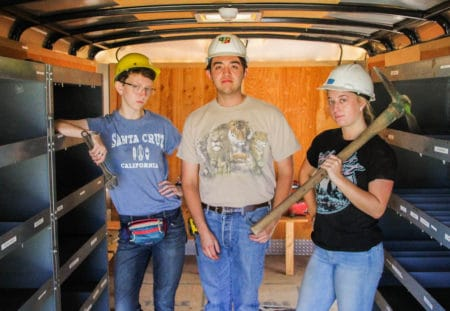
Our team has identified 5 specific focus areas as the most important areas of improvement for SSP’s sustainability efforts:
1) Measuring and reducing food waste
2) Tracking and reducing travel emissions from staff and volunteers
3) Reducing construction waste
4) Promoting local purchasing options for the various program locations
5) Incorporating a sustainability educational component where the volunteers and staff can learn to be more aware of their actions on the environment and the ways they could contribute to sustainability.
We believe that SSP’s sustainable development goals fall under the Sustainable Development Goal (SDG) 12, “Responsible Consumption and Production”, as we have encouraged them in the focus areas to lower their trash, recyclables, food waste, and travel emissions. We have also created pamphlets to help them become more aware of the impact they make on the environment and be conscious of their transitions to more sustainable practices. By taking these sustainable actions SSP is making a smaller environmental footprint and is teaching students how they can create a more sustainable lifestyle.
Written by: Jady Kralovic, Kristina Campbell, Jenny Zhong, Kristen Keller
Thank you for reading our blog! Leave a comment & share on social media.
➡ Get involved: Businesses | Students | Professionals | Colleges | Volunteer
➡ Support our sustainability initiatives: Donate Now | Give Monthly | Sponsor
➡ Follow us on social media: Facebook | LinkedIn | Instagram | Twitter
